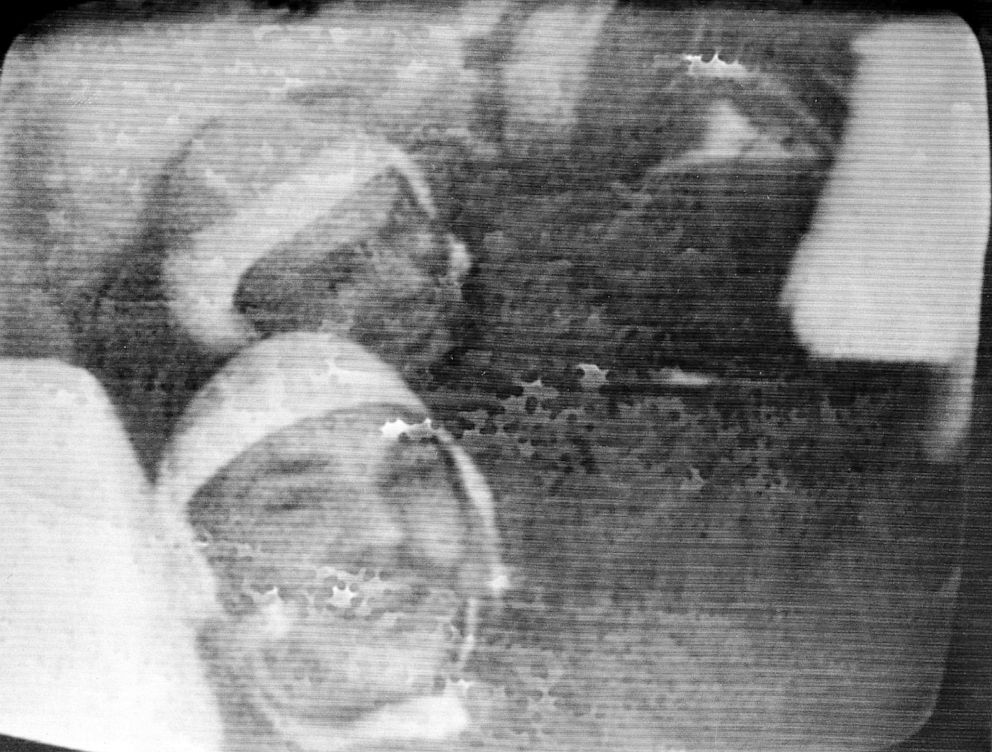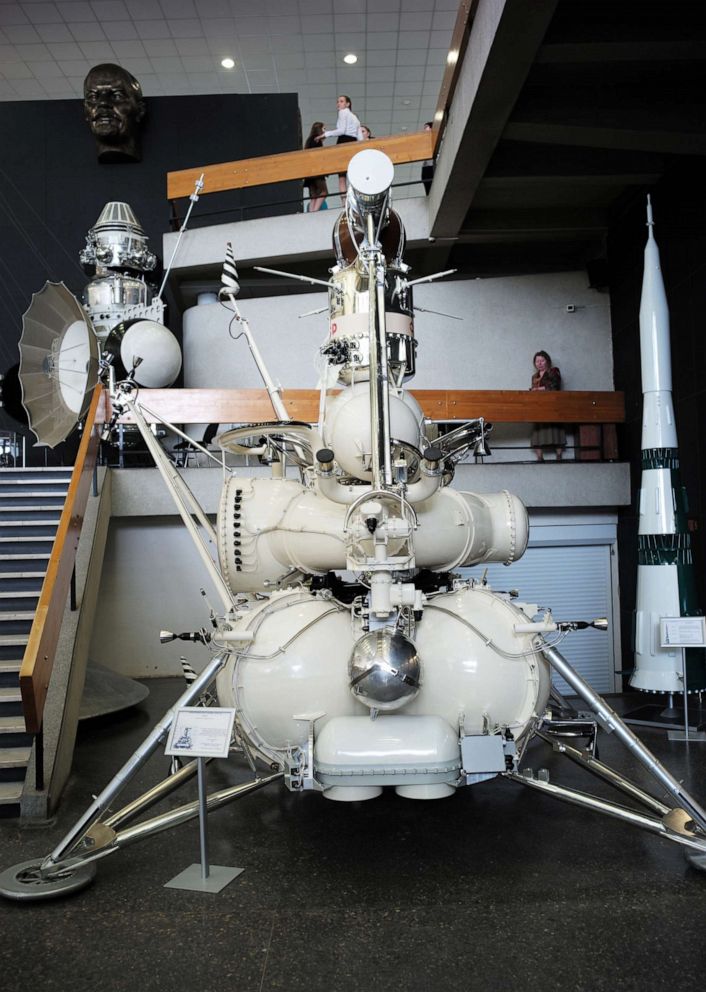50 Years Later: Soviet probe raced Apollo 11 to the moon
When Apollo 11 arrived in lunar orbit, the Soviet's probe was already there.
The space race between the U.S. and the Soviet Union continued even as Apollo 11 astronauts were already walking on the moon.
Before the U.S. successfully reached the lunar surface, Americans watched the Soviet Union accomplish a few space exploration firsts. The Soviets put the first satellite, Sputnik I, and humans into orbit.
"Sputnik shocked the American public," Apollo 11 astronaut Neil Armstrong recalled in 2009 during the Smithsonian National Air and Space Museum's annual John Glenn Lecture Series. "We believed we were the most technologically advanced community in the world and how could this have happened."
When President John F. Kennedy challenged the U.S. to put a man on the moon in less than a decade, the Soviets made it their mission to beat them.

Their secret plan was to send an unmanned probe, Luna 15, and bring back soil from the moon. It was the second Soviet attempt to obtain and bring lunar soil back to Earth.
The Soviets launched Luna 15 three days before the liftoff of Apollo 11. Armstrong and his crew were still in the final stages of preparation, unaware that the Soviets were already on their way.
"The crew did not know about Luna 15 or its goal," Armstrong said. "Mission control informed the crew of the existence of the Soviet craft while they were en route to the moon."
The Soviets thought Luna 15 would land on the moon less than 2 hours after Apollo 11, but their landing was delayed 18 hours due to unknown terrain.
The delay allowed Armstrong and fellow Apollo 11 astronaut Buzz Aldrin to walk on the moon and start collecting samples before Luna 15 made contact.

When the Soviets finally tried to land Luna 15, just two hours before the Apollo 11 crew would lift off the lunar surface, the probe stopped communicating.
According to NASA, engineers believe Luna 15 "crashed into the side of a mountain due to a slight error in its descent angle."
"It was the ultimate, peaceful, competition: U.S.A vs. U.S.S.R.," Armstrong believed. "I'll not assert that it was a diversion which prevented a war, nonetheless, it wasn't diversion. It was intense and it did allow both sides to take the high road with the objectives of science and learning and exploration."
ABC News' Pat O' Gara, Nate Luna, and Christine Theodorou contributed to this report.




